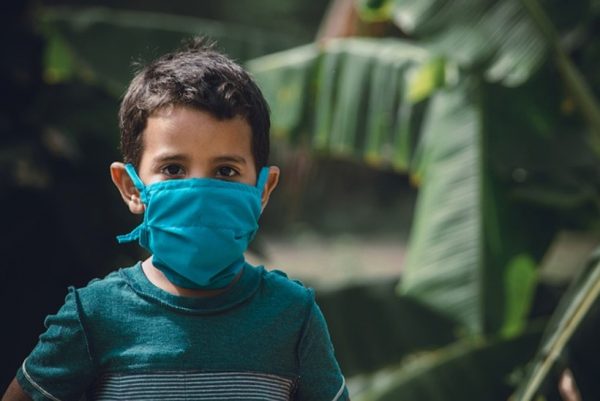
Children Covid-19 Symptoms And Heading back to School
Many countries are trying to get back to normal life in stages in amidst of current world pandemic. However, the number of Covid-19 cases are increasing in most countries. One thing parent worry about is, should they be sending children back to school when the school open? We know adults and elders, people who have preexisting conditions are more prone to SARS-COV2. What about infants and children? What medical industry has to say about young ones? What about returning to school?
Data regarding the Covid-19 in children suggest that the risk of children suffering from severe illness due to Covid-19 is lower when compared to adults. In China, more than 90% of children tested positive for Covid-19 had only mild to moderate symptom and no symptoms. With children, the higher rate of hospitalization is recorded with infants and some of them treated in intensive care.
Even though, recorded number of Covid-19 cases less with children, with overall raise in Covid -19 patients, are parents ready to send their children to school? Most parents are in dilemma and many does not want to take any risk with child’s health. As a parent (or teacher) you must know and understand the situation in your country, state, district, city where you live in. If the school is reopening, it should be consistent with country’s overall Coronavirus health response to protect students, teachers, staff and the families.
School or no school – Parents must know some of the symptoms that children might experience if they are exposed to Coronavirus. Safety of your child is important. Take all the precautions that you can to protect your child and family.
- Fever: According to CDC data, fever related to Covid-19 infection in children is less common. If your child has fever, then contact pediatrician and give proper medicine that may control fever and it could be just seasonal fever.
- Flu-like symptoms: Cough, fever and shortness of breath are three symptoms one can expect in children. Fever can last several days with cough. Shortness of breath is not common in children. More cough and fever and some shortness of breath one should watch for.
- Disturbance in digestion: Diarrhea, nausea or vomiting are expected symptoms in some children with high fever and cough.
- Smell loss: Like adults, children may lose sense of smell and taste.
- Other symptoms: Belly pain, rash, cracked lips, swelling in hands or feet, dizziness, headache, blurred vision, pale looking skin
What parents should do if child’s symptoms are like Covid-19 condition?
Call your family physician: Doctor will ask specific question and when answered properly, they can direct you what should be the next step – a personal visit with child to clinic/hospital or what care should be taken. They will advise about any special risk based on symptoms and might prescribe medicines. If symptoms are severe a hospital admission might be possible.
Video health call: If your doctor or healthcare provider available on video, have them see the child virtually at home. If your child needs immediate care, they will inform what should be the next step.
Give liquids: Let your child take plenty of rest and give good amount of liquid to keep child hydrated. Hydration prevents spreading of infection.
Watch symptoms: If the symptoms are increasing go to nearest emergency care and get child admitted to hospital. Watch for – further worsening of symptoms -if child is confused, has chest pain, cannot breathe properly, pale and blotchy skin, losing consciousness, feeling chill, cold and sweaty – contact ER.
Most children and people with Covid-19 infections are recovering and are feeling better. Plenty of rest, fluid intake and fever reducing medicines are helping. Children with more severe symptoms need treatment under hospital care.
To keep children safe, teach them to:
- Wash hands often – tell them why it is important to wash hands
- Cover sneeze and coughs,
- Not to touch nose, eyes and mouth with dirty hands
- Avoid contact with sick people and maintain social distancing with friends and people who are not immediate family
Other points to consider:
- If your child is more than 3 years old and can wear face mask (cloth mask better) without any problem to breathe, have them wear a mask. Do not leave child alone with mask.
- Get your child and other family members flu vaccination
- Be home, be safe and look for proper, correct, reliable information. Keep your child and family safe.
References:
Image credit: Image by Manuel Darío Fuentes Hernández from Pixabay (Free for commercial use)
Author: Sumana Rao | Posted on: July 12, 2021
« Eyes on the Prize? Teach Children to have fun Solving Puzzles helps children development »






















Write a comment